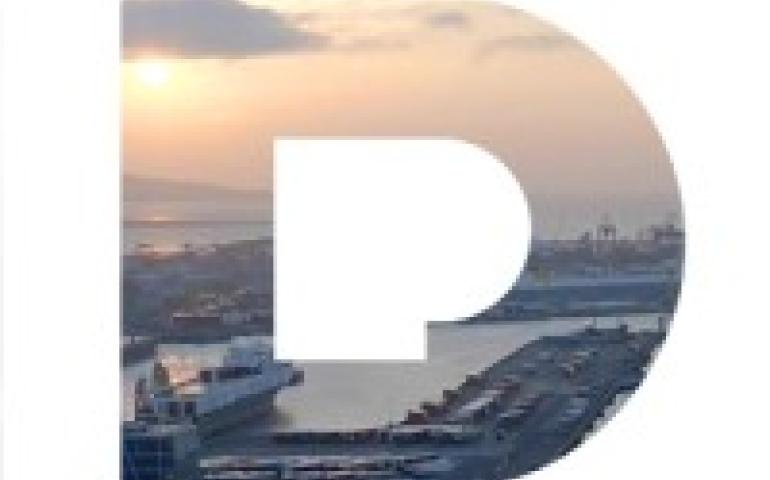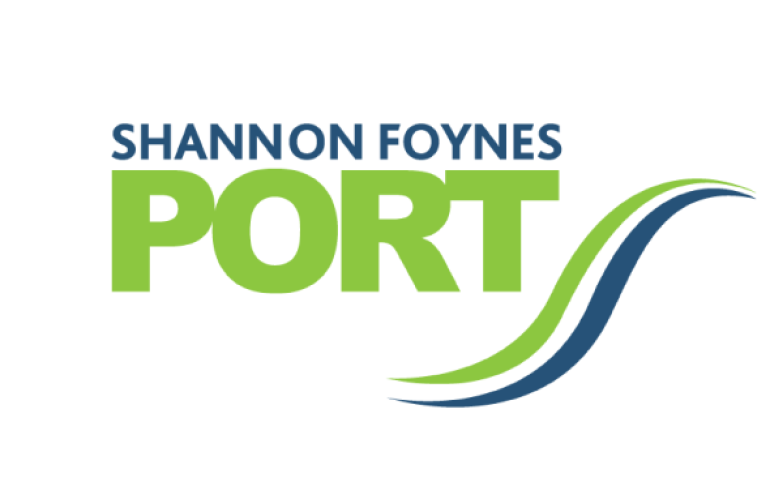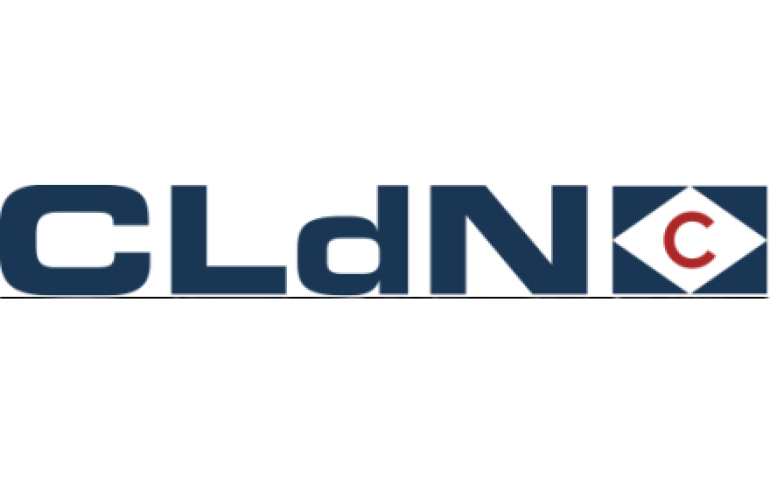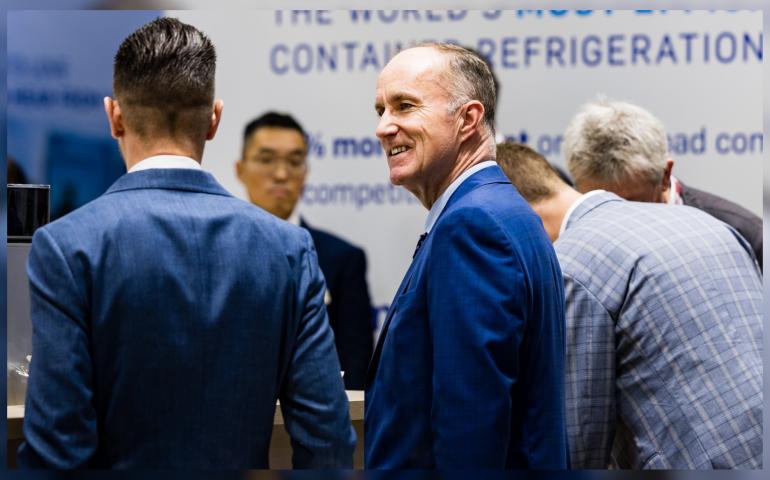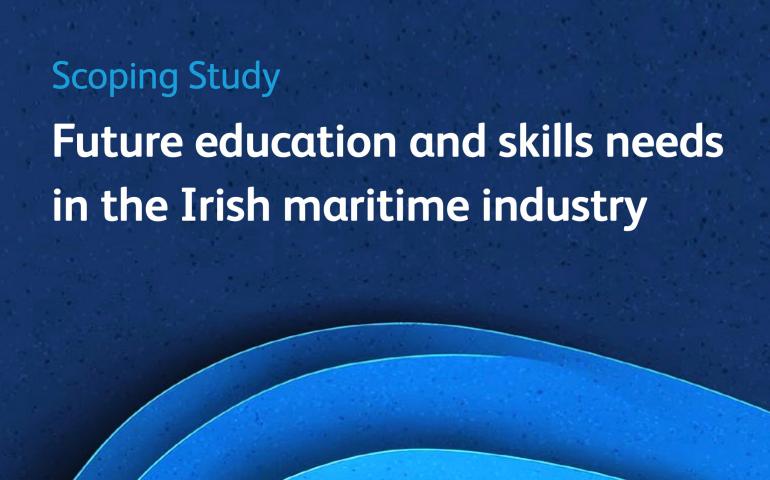
The Irish Maritime Development Office, working on behalf of the Department of Transport commissioned Steelesrock
Strategy Consulting to undertake a scoping study on the future skills needs in the Irish Maritime industry. The need for such
a study arises from a desire to fill two knowledge gaps around the skills and training needs in Ireland’s maritime sector. The
first concerns identifying changes in the sectors skills requirement since the publication of the Expert Group on Future Skills
Needs in 2015; secondly, the need to understand how changes in the maritime sector, including plans to accelerate the
development of the Offshore Renewable Energy sector, may result in the need for new skills; and finally, the impact for these
skills on ports and related maritime industry sub-sectors.
This study focuses on the underpinning future skills requirements of five sub-sectors of Ireland’s maritime economy: Maritime
transport (incorporating shipping and ports); Shipbuilding and related services; Offshore renewable energy and Alternative
fuels; Marine tourism; and Maritime monitoring, security and surveillance. All of these sectors include elements of maritime
commerce, and this is considered principally under maritime transport in keeping with current and past practices in the
reporting of the maritime economy. The chosen time horizon for the study was approximately 10 years. In keeping with the
nature of a scoping study, the terms of reference were high level, necessitating a broad review of the maritime sub-sectors
including consideration of the likely changes they face and how these might drive their skills needs.
Broadly, this study has followed a methodology that included a desk study of education standards and structures both in
Ireland and internationally; consideration of key international trends of relevance to the maritime industry; characterisation
of the Irish maritime industry as it exists today, and the current and likely future state of the Irish economy. This desk study
informed a series of semi-structured interviews with 27 industry, trade-association, and state-sector stakeholders. Finally, a
consideration of the feedback from interviews and material from the desk study provided the basis for several conclusions,
observations and recommendations.

